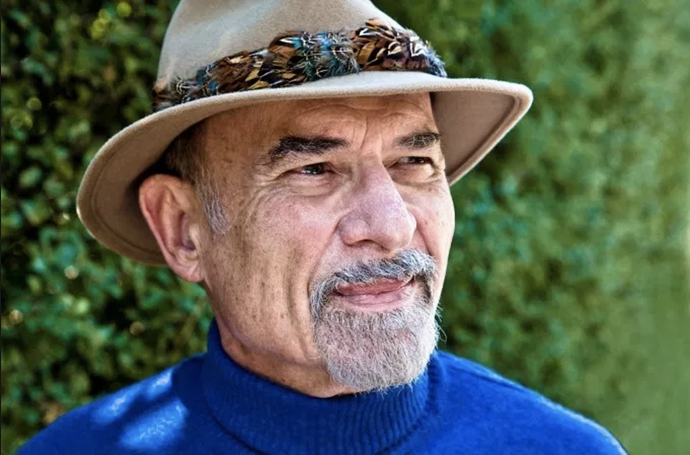Yalom's theory focused on all below except
a. the importance of the relationship
b. psychoanalytic/psychodynamic existential counseling
c. death, freedom, isolation, and meaning
d. identifying wants and needs
a. YES: individual who accept full personal responsibility for the shaping of their interpersonal world may then begin to grapple with the corollary of the discovery of the interpersonal sequence; if they created their social-relational world, then they can change it
b. YES: Existential psychotherapy is based upon the principles of psychodynamic therapy, humanistic and existential psychology, the latter being a movement with roots in the existential philosophy followed prominently by Yalom.
c. YES: Yalom’s Theory of Death Anxiety Yalom places death and dying at the forefront of the four ultimate concerns. He says an instinctive fear of death exists at every level of human awareness, from the most conscious and intellectualised, to the deepest depths of the unconscious, which manifests as death anxiety.
d. NO.
Irvin D. Yalom is a contemporary psychiatrist and educator who has written extensively about existential psychotherapy.
You might also like to view...
Which of the following is not an empowerment-based norm to guide the helper in facilitating successful client change?
a. Do not see clients as overly fragile. b. Focus on learning instead of helping. c. Accept helping as a natural, two-way-influence process. d. Be aware of your blind spots and adapt accordingly.
According to the Coreys, group work is the treatment of choice primarily because
a. the dollars are stretched more. b. there are inherent values in the group process that lead to self-understanding, healing, and change on the part of the members. c. clients generally trust a group counselor more than they trust an individual counselor. d. insurance companies will reimburse clients for group services more often than for individual psychological services.
Which psychiatric disorder has the highest mortality rate to suicide?
a) Depression b) Bipolar Disorder c) Substance Abuse d) Anorexia Nervosa e) None of the Above
The authors would likely say that building rapport is ______.
a. critical throughout the process of a child maltreatment services case b. needed in the beginning of case management c. hinging on cultural competence d. harder to obtain with clients of different cultures